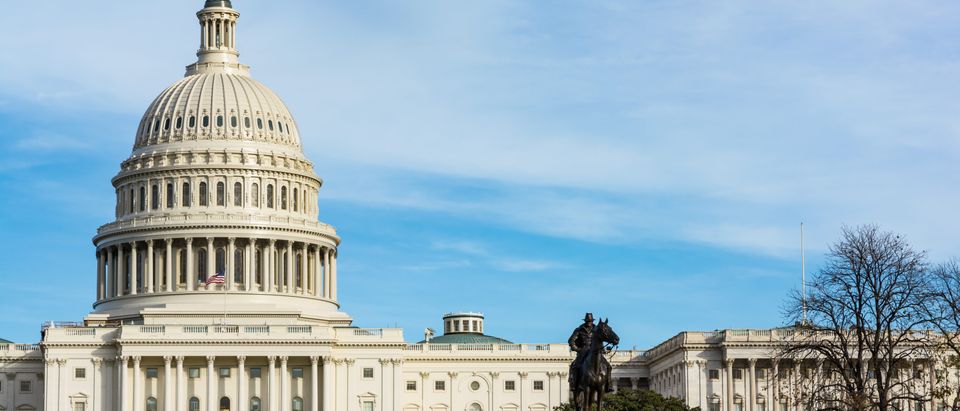Thanks to a shareholder proposal unveiled this week, investors in Elon Musk’s Tesla will, in just a few weeks, have the option of voting to replace him as chair with an independent director. While the debate among shareholders While shareholders is likely to be robust, the process itself demonstrates that the democratic process as a guardrail to ensure the best interests of stakeholders.
If only the same could be said for the contracting process, particularly as it relates to aerospace contractors like SpaceX, Elon Musk’s rocket company who receive huge amounts of taxpayer money.
In 2016, NASA awarded CRS-2 contracts to supply cargo to the International Space Station through the mid-2020s. After conducting a risk analysis assessment, the agency agreed to appropriate money to three companies: Orbital ATK, Sierra Nevada, and SpaceX. The result is this trio will receive contracts worth a maximum of $14 billion, or more than double what the CRS-1 cost.
But what happens when the dynamics or capabilities of one or multiple contractors evolve or change? It seems that the government’s current answer is nothing. And with taxpayer groups and sound government proponents shining s stronger spotlight on these processes, it is an topic that is ripe for reform.
In 2016, NASA made its decision off three main criteria: price, past performance, and mission suitability. But unfortunately, SpaceX has, by many accounts, declined on all three areas since NASA awarded these contracts over two years ago. The biggest blow came at the end of last week when a new NASA audit found SpaceX increased prices by a whopping 50-percent due to it now having “a better understanding of the costs involved after several years of experience with cargo resupply missions.”
At the time, SpaceX’s prices were already “notably higher” than those of Orbital ATK and “somewhat higher” than Sierra Nevada’s. However, the latest cost hike is one of the main reasons why NASA will pay roughly $400 million more for its 2020-2024 delivery contracts despite moving less cargo.
Price increases are worrisome, but reliability concerns are far more critical. Just months after NASA awarded its CRS-2 contracts, SpaceX’s Falcon 9 rocket exploded on the Cape Canaveral launchpad, crippling a $60 million government contract and $200 million Facebook Satellite while delaying future NASA commercial flights by two years, a blow to SpaceX’s past performance and mission suitability rankings.
So where do these new setbacks put SpaceX on the scale of contractors equipped to handle CRS-2?
Per NASA’s original estimates in January of 2016, SpaceX was at the highest pricing point. Its mission suitability score was at 922, up from Orbital ATK’s 880 and Sierra Nevada’s 879, while all the three contractors scored “high” on past performance.
One would think that SpaceX’s recent travails would cause Orbital ATK and Sierra Nevada to win more contracts, but we may never know because NASA does not have a habit of re-assessing its disbursements. For the good of taxpayers who fund all of this, this must change.
There will always be inherent risks with making decisions on launches that will not occur until eight years in the future. While there is no firm way of entirely getting around early disbursement announcements due to the technical planning and building that must occur for successful missions, there is no reason that NASA cannot include contingencies and reevaluation clauses to recoup what is reasonable and ensure taxpayers are receiving maximum value.
It may not be as simple as selecting a new corporate board member or chairman. After all, government appropriations are a whole different ballgame, and in some cases, changing the roles of contractors will not be as easy as just starting from scratch and picking up where one left off.
But NASA has sat idly by during crises for far too long. It’s time to take a stand for our national security and $21 trillion and growing debt by shaking up the status quo, bolstering governmental reliability and efficiency.
The time is now to begin running the federal government and the independent agencies associated with it more like a business and less like a game of Monopoly. It is what the nation’s taxpayers deserve.
Mario H. Lopez is president of the Hispanic Leadership Fund, a public policy advocacy organization that promotes liberty, opportunity, and prosperity for all Americans.
The views and opinions expressed in this commentary are those of the author and do not reflect the official position of The Daily Caller.


